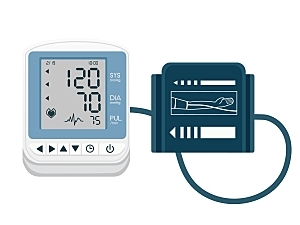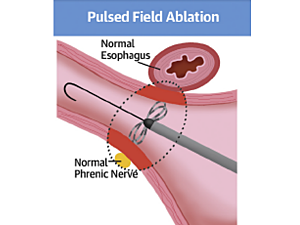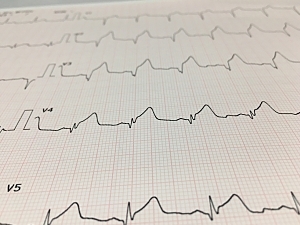The Brigham Presents Updates in Hypertension Among Older Adults at Medical Grand Rounds Panel

In this Medical Grand Rounds presentation, Naomi D.L. Fisher, MD, of Brigham and Women’s Hospital, joined a panel of colleagues from the Boston area to discuss recent developments in the diagnosis and treatment of hypertension among older adults.
Read More...







